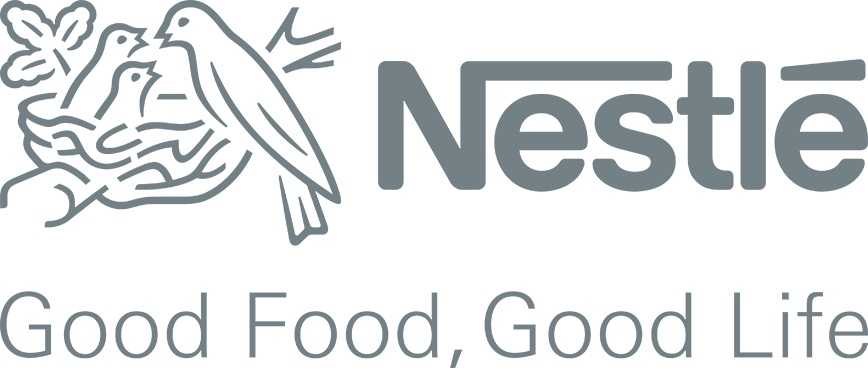VEVEY, Switzerland – Nestlé is intensifying its actions to make 100% of its packaging recyclable or reusable by 2025 and to reduce its use of virgin plastics by one-third in the same period. Today the company announced a series of new initiatives that include a USD 30 million investment to increase food-grade recycled plastics in the US, a refillable system for pet food in Chile and first-of-its-kind recyclable paper packaging for Maggi bouillon cubes in France. Eighty seven percent of Nestlé’s packaging is already recyclable or reusable.
Véronique Cremades-Mathis, Global Head of Sustainable Packaging, Nestlé, said, “We have made strides in our transformative journey towards a waste-free future, but we know that we have more work to do. As the world’s largest food and beverage company, we’re committed to putting our size and scale to work to tackle the packaging waste problem everywhere that we operate.”
Even as COVID-19 has presented more challenges, the company’s commitment to sustainable packaging remains the same. Nestlé continues to play a leading role in helping solve the issue of plastic pollution through its three-pillar approach launched in January 2019:
Pillar 1: Developing new packaging
- Transitioning to paper packaging across various formats. For example, Smarties sharing block, a popular color-coated chocolate confectionery product, is available in a recyclable paper wrapper in the UK.
- Gerber and Piltti baby food use a first-of-its-kind, single material pouch designed to increase recycling value.
- Nespresso introduced new capsules made with 80% recycled aluminum, an important step towards circularity.
- Nestlé’s water business has doubled the amount of rPET used since 2019 across its still water portfolio in the U.S. to 16.5%.
Pillar 2: Shaping a waste-free future
- In August 2020, Nestlé Philippines reached plastic neutrality. That means Nestlé collected and co-processed the equivalent amount of plastic as contained in the products sold and prevented the further flow of plastic into landfills and oceans.
- Together with Project STOP, Nestlé creates a sustainable waste management system and helps reduce ocean plastic pollution in Indonesia.
- Nestlé embarked on a trial to collect, sort and process soft plastics in Australia.
- Nestlé is scaling up reusable and refillable options for its Petcare and soluble coffee products, for instance, through collaboration with the start-up company MIWA in Switzerland.
- Nestlé advocates for the design and implementation of affordable and effective mandatory Extended Producer Responsibility schemes. It has identified 20 countries, accounting for 50% of the company’s plastic usage, where the company will support recycling rates and waste management infrastructure.
Pillar 3: Driving new behavior
- Nestlé is rolling out a sustainable packaging education and training program for over 290’000 employees, to accelerate behavior change and help the company meet its packaging objectives.
- Nestlé introduced a digital platform to help consumers dispose of their packaging waste appropriately in Italy.
- Nescafé Dolce Gusto launched a consumer education campaign to promote recycling in Germany and in Mexico.
- Nestlé is driving positive change through school programs, like the Tunuyan Verde project in Argentina.
- The Algramo (Chile), MIWA (Switzerland) and Loop (France) pilots of refillable and reusable packaging solutions offer a new shopping experience.
Additionally, the company announced that it is seeking to identify and support innovative solutions through the Nestlé Creating Shared Value (CSV) Prize, which launches 30 September. In partnership with the non-profit organization Ashoka, the Nestlé CSV Prize will award CHF 250 000 in grants for system change innovations in areas such as alternative delivery systems and ground-up solutions to tackle plastic waste.
The development and testing of new, more environmentally friendly packaging materials is driven by the Nestlé Institute of Packaging Sciences, the food industry’s first such enterprise. The institute has around 50 scientists who conduct cutting-edge packaging research to ensure the safety and applicability of new materials.
Research outcomes include new refillable or reusable systems, simplified materials, high-performance barrier papers and the introduction of more recycled content to Nestlé’s packaging. The institute collaborates closely with more than 180 packaging experts embedded in Nestlé’s global R&D network, as well as with research institutions, start-ups, and suppliers.
Nestlé will continue to introduce alternative packaging materials and new delivery systems, invest in infrastructure and work with consumers to help solve the packaging waste challenge.


















